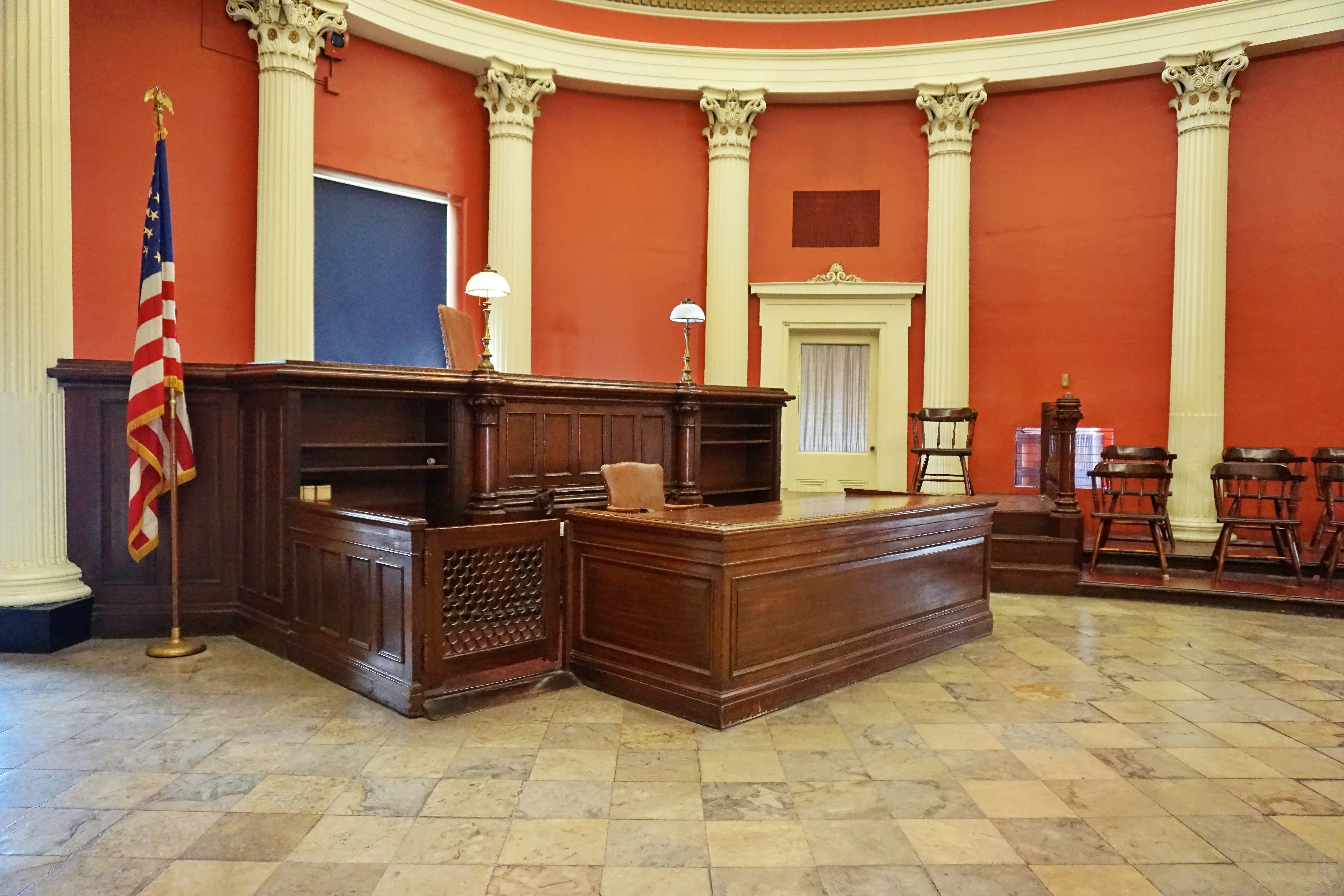
403
Sorry!!
Error! We're sorry, but the page you were looking for doesn't exist.
US Supreme Court refuses attempts to block Trump from Presidential ballots
(MENAFN) In a significant legal development, the United States Supreme Court has overturned a decision by the Colorado Supreme Court, thwarting efforts by Democrat activists to prevent former President Donald Trump from contesting the upcoming presidential election in multiple states. The Monday ruling, hailed by Trump as a "big win for America," marks a crucial decision that holds implications for states like Colorado, Illinois, and Maine.
The Colorado Supreme Court had previously ruled in December that the state could exclude Trump's name from ballots, citing a constitutional amendment that prohibited "insurrectionists" from holding public office. Activist lawyers contended that Trump's alleged role in encouraging the Capitol Hill riot in 2021 categorized him as an "insurrectionist," justifying the exclusion of his name from ballots. However, the United States Supreme Court's unanimous decision reverses this stance, nullifying efforts to keep Trump off the electoral stage.
The ruling also impacts Illinois and Maine, where similar attempts were made to bar Trump from contesting the election. The unanimous decision, with no published dissents, sends a clear message on the limitations of state powers in enforcing clauses related to candidacy restrictions.
In the majority opinion, conservative justices Clarence Thomas, Samuel Alito, Neil Gorsuch, John Roberts, and Brett Kavanaugh argued against enduring the "chaos" of having different presidential candidates on the ballot in different states, asserting that only Congress has the authority to enforce the insurrection clause against presidential candidates.
While the decision is unanimous, conservative Justice Amy Coney Barrett, concurring with the majority, emphasized that states lack the power to enforce the insurrection clause. However, she diverged in her view that the five justices in the majority should not have explicitly stated that Congress holds this enforcement power.
Trump's response to the ruling characterizes it as a significant victory for the American democratic process. As the legal landscape surrounding presidential candidacy restrictions is clarified, the decision may have broader implications for future challenges against candidates based on constitutional amendments and eligibility criteria. The ruling adds another layer to the ongoing debates about the scope of state authority in regulating federal elections and the role of Congress in enforcing candidacy restrictions.
The Colorado Supreme Court had previously ruled in December that the state could exclude Trump's name from ballots, citing a constitutional amendment that prohibited "insurrectionists" from holding public office. Activist lawyers contended that Trump's alleged role in encouraging the Capitol Hill riot in 2021 categorized him as an "insurrectionist," justifying the exclusion of his name from ballots. However, the United States Supreme Court's unanimous decision reverses this stance, nullifying efforts to keep Trump off the electoral stage.
The ruling also impacts Illinois and Maine, where similar attempts were made to bar Trump from contesting the election. The unanimous decision, with no published dissents, sends a clear message on the limitations of state powers in enforcing clauses related to candidacy restrictions.
In the majority opinion, conservative justices Clarence Thomas, Samuel Alito, Neil Gorsuch, John Roberts, and Brett Kavanaugh argued against enduring the "chaos" of having different presidential candidates on the ballot in different states, asserting that only Congress has the authority to enforce the insurrection clause against presidential candidates.
While the decision is unanimous, conservative Justice Amy Coney Barrett, concurring with the majority, emphasized that states lack the power to enforce the insurrection clause. However, she diverged in her view that the five justices in the majority should not have explicitly stated that Congress holds this enforcement power.
Trump's response to the ruling characterizes it as a significant victory for the American democratic process. As the legal landscape surrounding presidential candidacy restrictions is clarified, the decision may have broader implications for future challenges against candidates based on constitutional amendments and eligibility criteria. The ruling adds another layer to the ongoing debates about the scope of state authority in regulating federal elections and the role of Congress in enforcing candidacy restrictions.

Legal Disclaimer:
MENAFN provides the
information “as is” without warranty of any kind. We do not accept
any responsibility or liability for the accuracy, content, images,
videos, licenses, completeness, legality, or reliability of the information
contained in this article. If you have any complaints or copyright
issues related to this article, kindly contact the provider above.














Comments
No comment